On the morning of September 8, Nicholas Burns, U.S. Ambassador to China, visited Central South University, accompanied by Melissa Lan, the U.S. Consul General in Wuhan, among others. The visit was also attended by Li Jiancheng, the President of Central South University, Chen Xiang, the Executive Vice President of Central South University, Qiu Aihua, Deputy Director of the Foreign Affairs Office of Hunan Provincial People’s Government, Li Zhihong, Vice President of Central South University, and leaders of relevant units such as the Office of International Cooperation and Exchanges, Xiangya School of Medicine, Xiangya Hospital, and Xiangya School of Nursing. The two parties held a discussion at the meeting room on the eighth floor of the Xiao Qian Building of Xiangya School of Medicine, presided over by Li Zhihong.
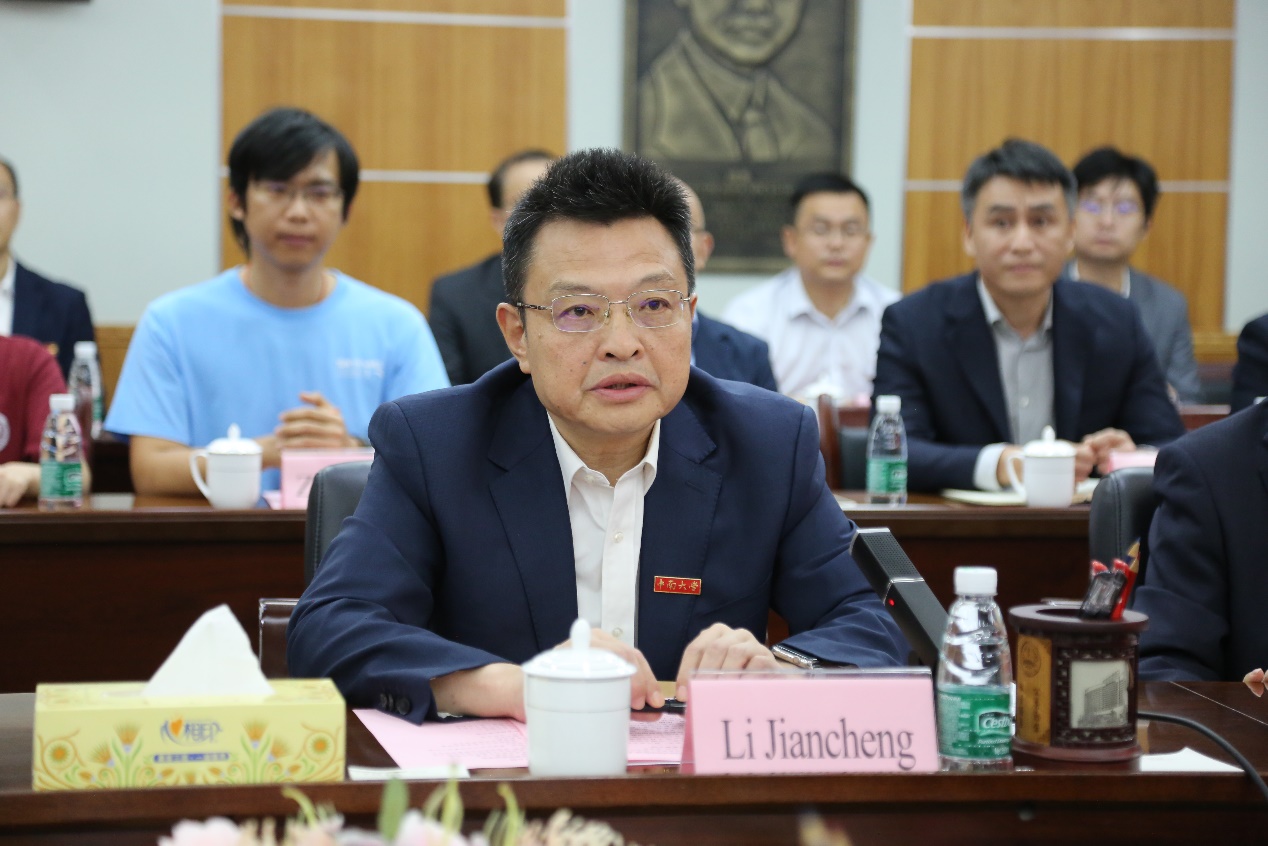
Li Jiancheng extended a warm welcome to Ambassador Burns and briefly introduced the basic information of Central South University and the historical evolution of Xiangya School of Medicine. He mentioned that Central South University adheres to an open approach to education, and the interaction with the United States is a crucial part of the University's international development, and thatXiangya School of Medicine, since its establishment, has maintained long-term friendly cooperation with international organizations and prestigious universities such as Yale-China Association, the China Medical Board, Yale University, the University of Pittsburgh, and the University of Michigan. The ambassador’s visit is set to inject fresh energy into the University's collaborations with various American sectors, ushering in a new phase. Central South University aims to further deepen engagements in areas such as medical education and health care, thereby enriching the ongoing dialogue and cooperation between China and the United States.
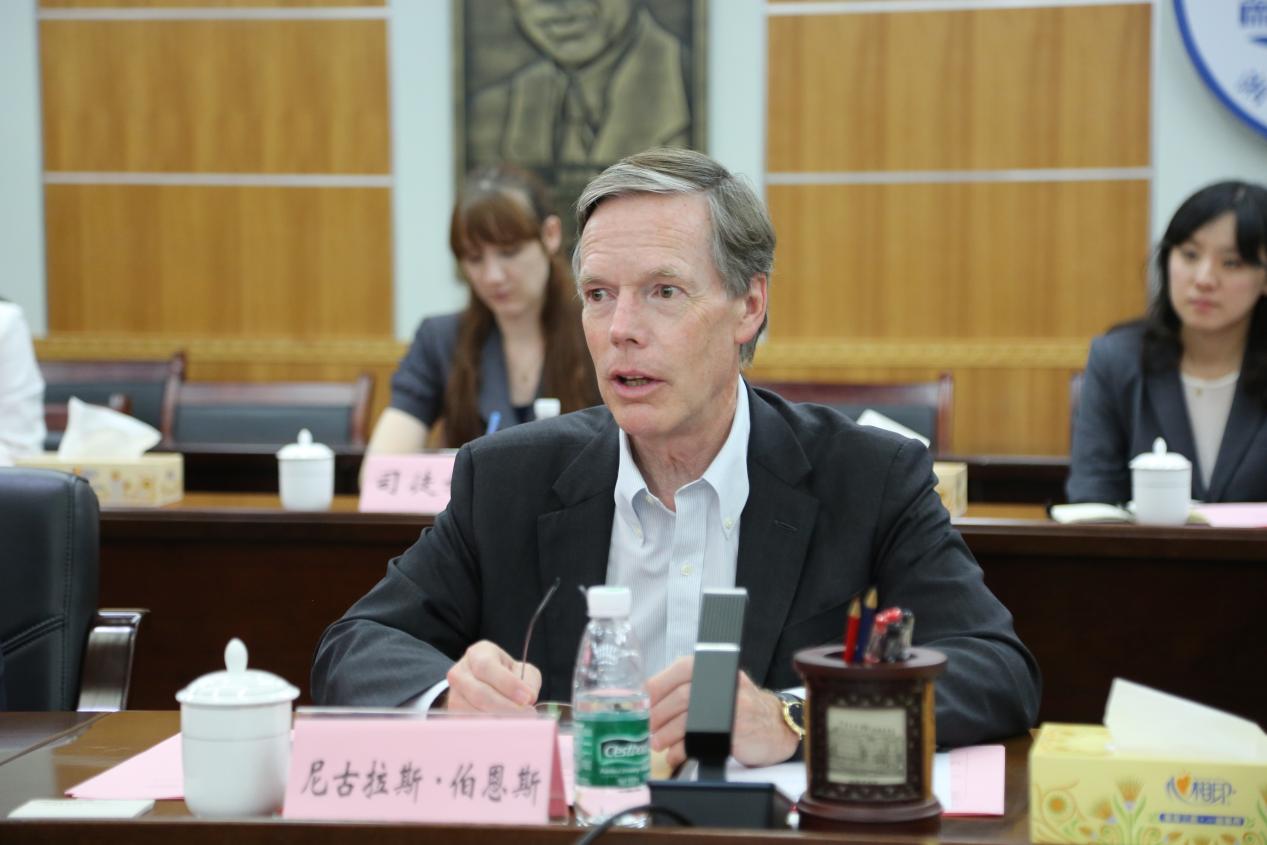
Nicholas Burns commended the University’s significant contributions to the field of medical education and praised its role, highlighting the collaborative efforts between Yan Fuqing and Edward Hume that have paved the way for broader exchanges and interactions between the two nations. He expressed that as the U.S. Ambassador to China, he hopes to serve as a bridge and bond fostering friendship and cooperation between the two nations and their peoples, and to promote closer exchanges in areas such as public health. This, he believes, would help to build a bright future for China-U.S. collaboration.
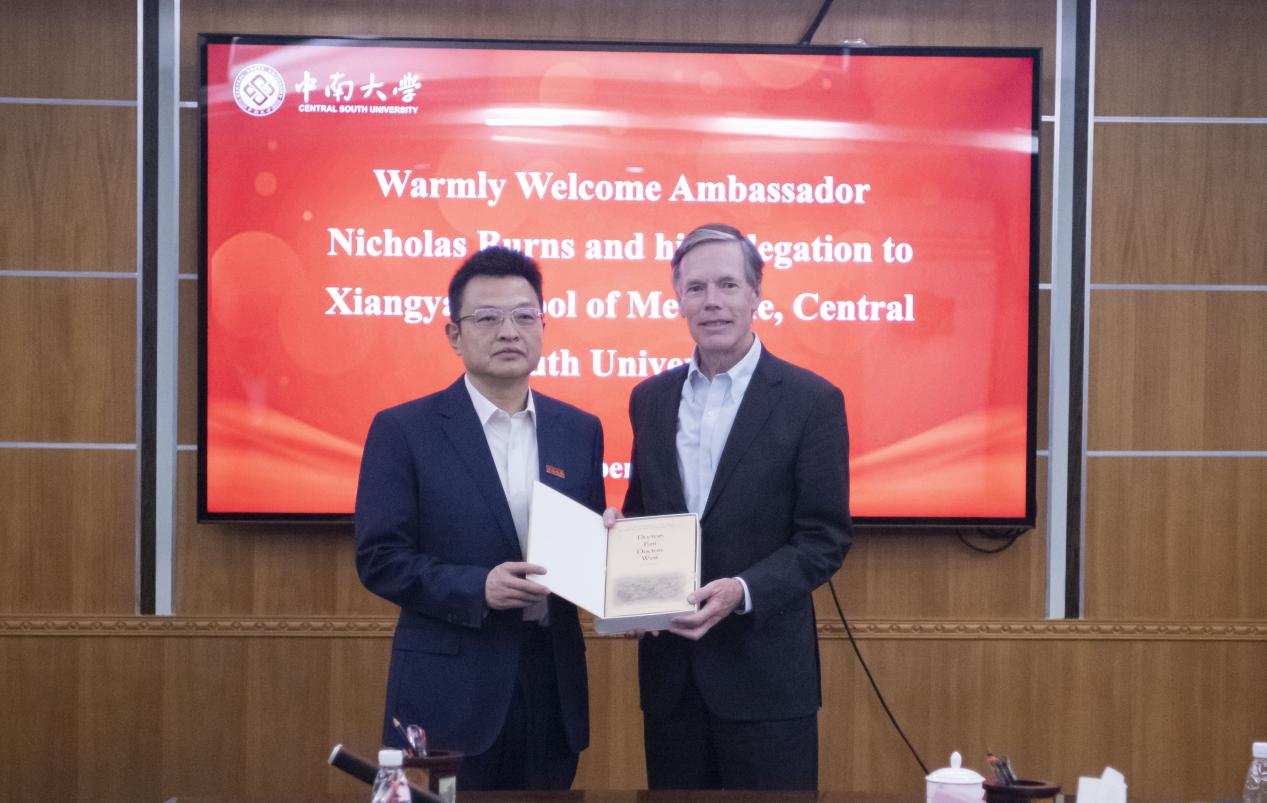
During the dialogue, Chen Xiang gave a detailed overview of the history of China-U.S. exchanges in Xiangya School of Medicine and the collaborative initiatives and achievements in medical education, scientific research, and social services. Nicholas Burns engaged in an enthusiastic dialogue with faculty and student representatives from the University on topics such as expanding China-U.S. medical student exchange programs.
Ambassador Nicholas Burns and his delegation also visited the new campus of Xiangya School of Medicine, where they toured the Xiangya School of Nursing and the Xiangya Medical School History Museum. Ambassador Burns remarked, “Xiangya School of Medicine of Central South University is an impressive medical institution, and its century-long friendship with Yale is a true inspiration.”
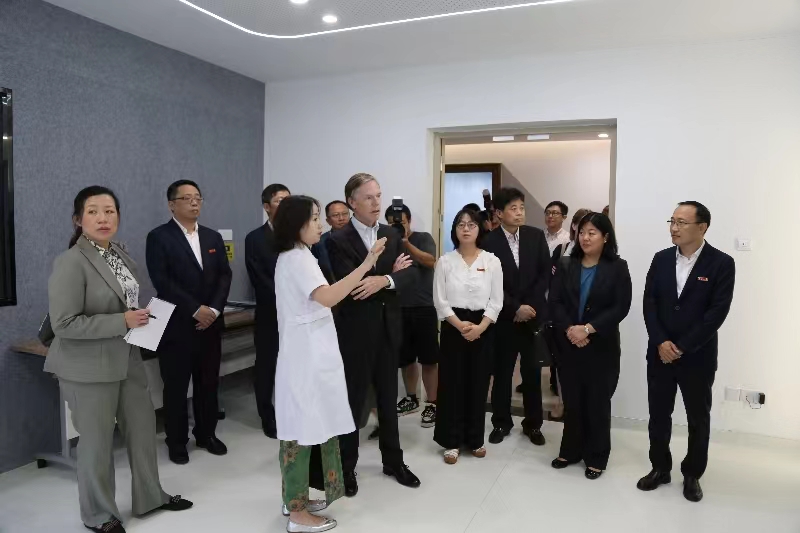
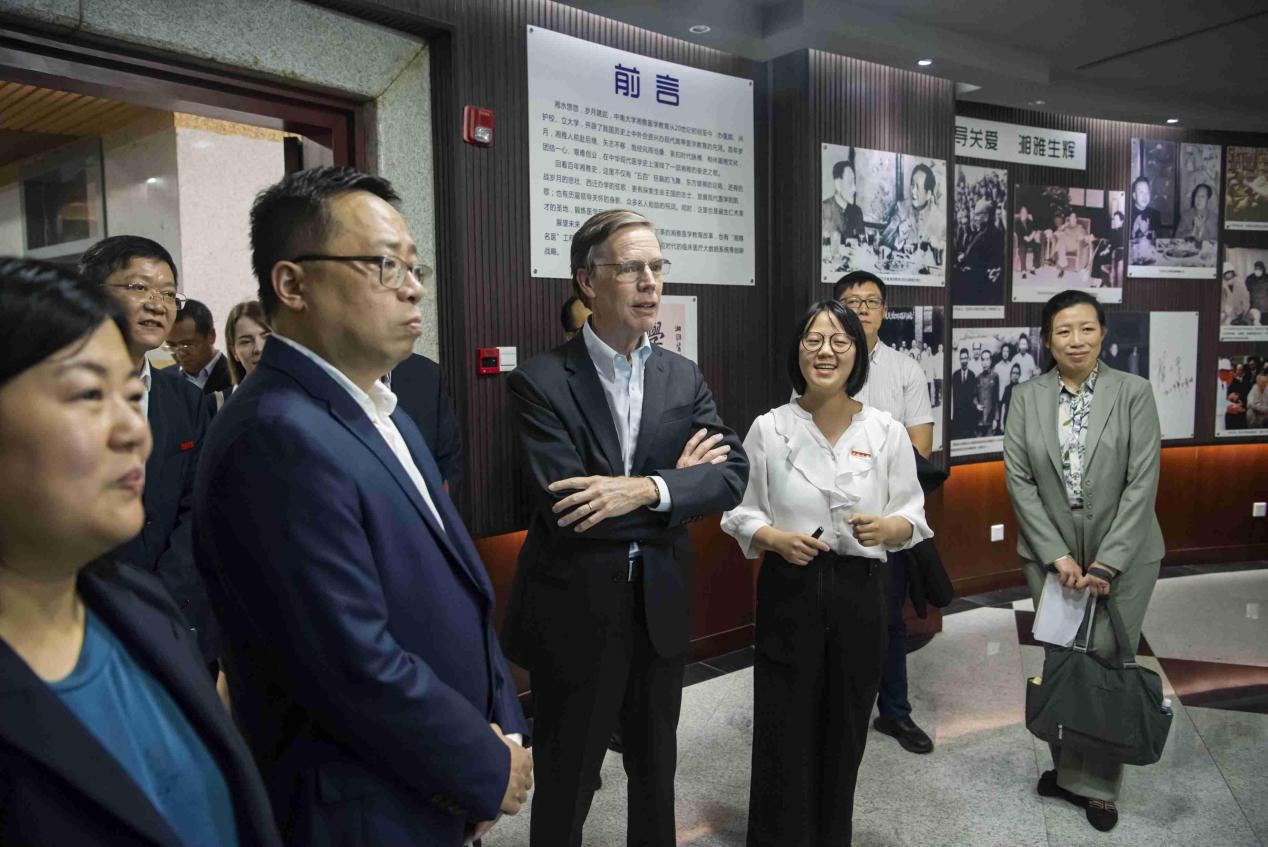
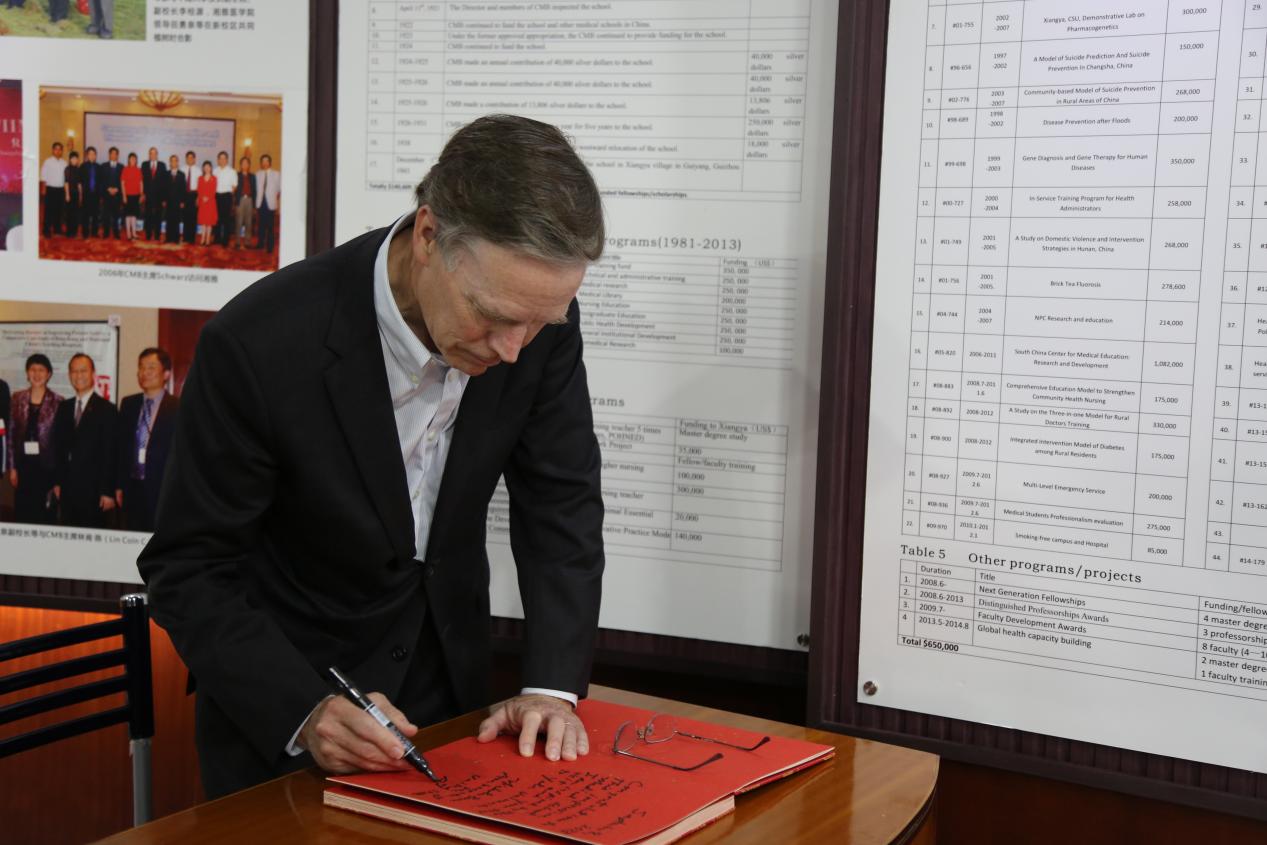
On September 7, Ambassador Nicholas Burns and his delegation visited Xiangya Hospital, engaging in friendly discussions and touring the hospital’s bronze statue square and historical and cultural corridor.
In recent years, our university has actively pursued an open approach to education, fostering strong collaborations with leading international universities and institutions, resulting in significant achievements. Moving forward, we aim to deepen our friendly partnerships with respected U.S. universities and organizations. Together, we seek to advance medical talent development and broaden educational exchanges between China and the United States. Our focus includes promoting meaningful dialogue and interactions among the younger generation, building grassroots connections to strengthen Sino-American relations. Through these efforts, we aim to inject new vitality and contribute fresh momentum to the ongoing development of the relationship between our two nations.
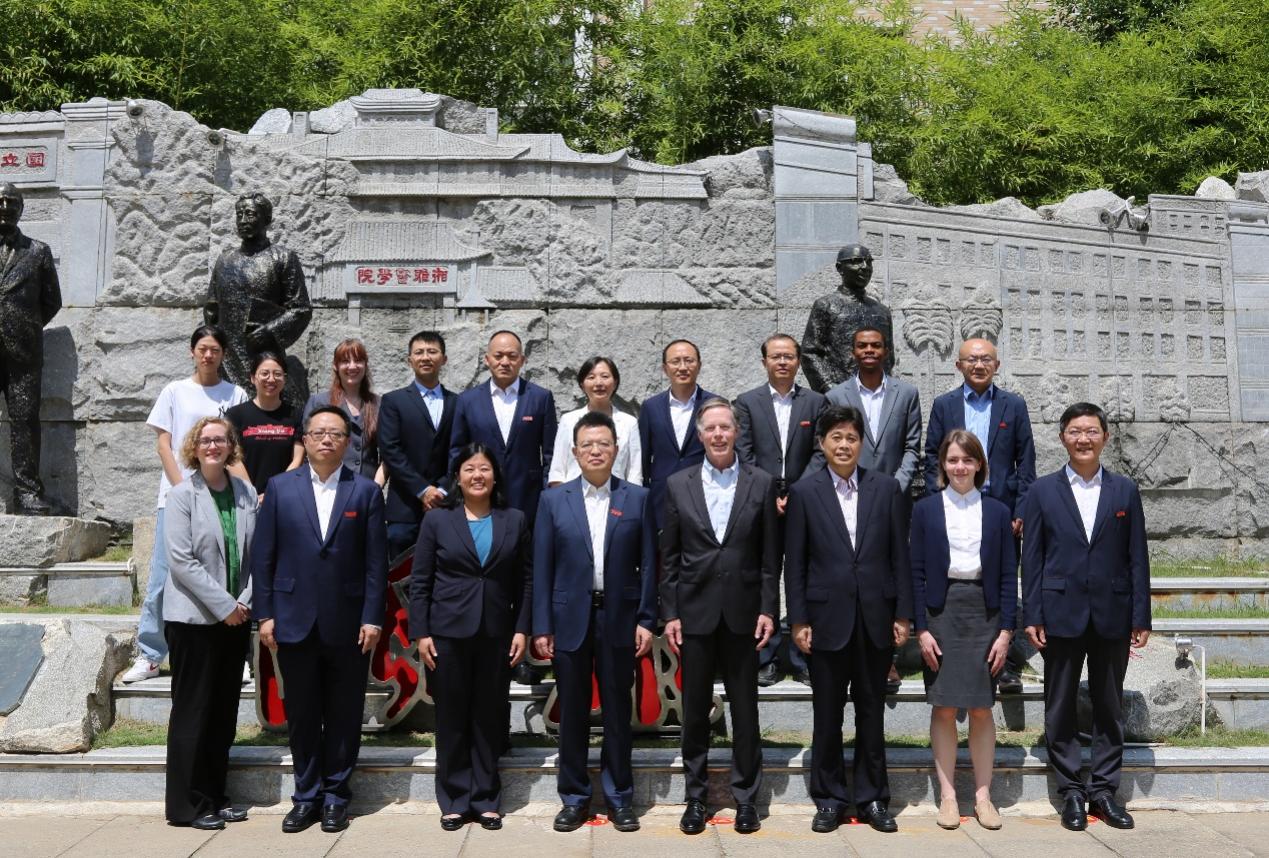
(First Review: Li Ruijun, Second Review: Zhou Xingcan, Third Review: Chang Shi)
